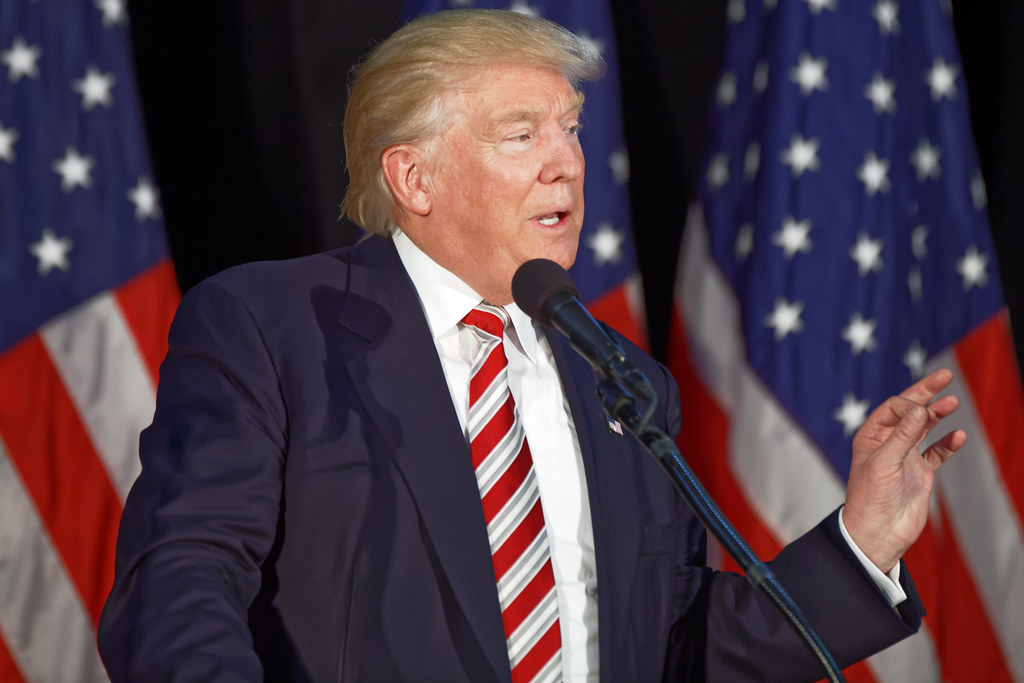Key Takeaways
- President Trump commuted the sentence of George Santos.
- Ari Fleischer slammed the move as a big mistake.
- Santos served three months for wire fraud and identity theft.
- Critics fear this pardon weakens trust in justice.
President Trump surprised everyone by commuting George Santos’s sentence. Many people feel confused and upset. Ari Fleischer, a former White House press secretary, spoke out quickly. He called the decision a mistake. Santos had confessed to serious crimes. Yet he walked free after just three months behind bars. This pardon raises big questions about fairness and accountability.
What led to George Santos’s commutation?
In his final days in office, President Trump looked at many requests for clemency. George Santos’s name stood out after his conviction. Santos admitted to lying about his background during his campaign. He also pleaded guilty to wire fraud and identity theft. Prosecutors proved he stole money and hid the truth from voters. Despite that, Trump decided to shorten his prison time. As a result, Santos left jail far sooner than expected.
Ari Fleischer’s blunt reaction
Ari Fleischer wrote on social media that this pardon was wrong. He said wire fraud and identity theft are serious crimes. Fleischer insisted that no factor suggested Santos deserved leniency. He pointed out that Santos served just three months of his sentence. Fleischer’s words spread fast online. Many people agreed that this action looked unfair. In the eyes of critics, it set a troubling precedent.
The case against George Santos
George Santos’s legal troubles began when federal agents looked into his fundraising. They discovered odd bank transfers and fake invoices. Soon, Santos faced charges for stealing from donors. He used false company names to hide his tracks. Judges found him guilty of wire fraud and identity theft. Sentencing guidelines called for more prison time. Still, the commutation cut his jail term to just three months.
Why the pardon feels unfair
First, voters believe everyone should follow the same rules. When high-profile figures get special treatment, trust can falter. Second, victims of wire fraud need closure. They expect justice through full sentences and restitution. Third, pardoning Santos might discourage honest behavior in politics. Future candidates could think they face no real risk. Ultimately, many worry this pardon damages the integrity of elections.
The wider political fallout
Immediately after the pardon, several lawmakers spoke out. Some called for new clemency limits to stop similar moves. Others urged stronger ethics rules for elected officials. In response, a group of senators proposed a bill to review all pardons. They want tougher standards before any sentence can end early. Meanwhile, state attorneys general promised to watch future cases more closely. This debate is far from over.
How supporters defend the decision
Not everyone opposes the pardon. Some argue that Santos faced a harsh political climate. They claim his prosecution felt driven by partisanship, not only by the law. Supporters say Trump has the right to grant clemency. They point out past presidents have done similar acts. For them, pardoning Santos fits within a president’s traditional powers. They also believe a shortened sentence can still send a warning.
Lessons for future elections
This episode teaches candidates to keep their records clean. It also warns parties to vet hopefuls more carefully. Political groups may set stricter checks before nominating candidates. Likewise, news outlets are under pressure to fact-check biographies. Ultimately, voters expect honesty and transparency from public figures. Future campaigns will likely feature tougher background checks.
What this means for voters
Voters now face important questions. Can they trust leaders who break the law? Will future pardons reward dishonest behavior? Some citizens wonder if justice means equal treatment. Others debate whether presidential clemency should be limited. As these discussions continue, public opinion could shape new laws. In today’s climate, even small decisions can spark big debates.
Moving forward in a divided climate
The split over George Santos’s pardon mirrors national divides. Supporters of the pardon view it as fair use of presidential power. Opponents see it as a political favor. To bridge this gap, lawmakers must craft clear rules for clemency. Transparency and public input could help restore trust. In the long run, America needs a balanced system that respects both mercy and justice.
Frequently Asked Questions
What crimes did George Santos admit to?
He pleaded guilty to wire fraud and identity theft. He used false companies and bank transfers to deceive donors.
Why did President Trump commute Santos’s sentence?
Officials say Trump believed the punishment was too harsh. He used his constitutional power to shorten the term.
How did Ari Fleischer react to the pardon?
Fleischer called it a mistake. He argued Santos’s crimes were serious and didn’t merit such leniency.
Could this decision change future pardons?
Yes. Lawmakers are pushing for clearer clemency guidelines. They aim to limit unchecked presidential pardons.
